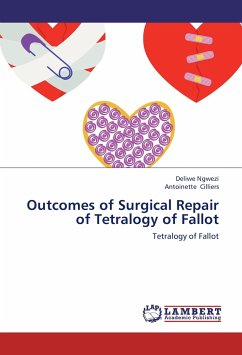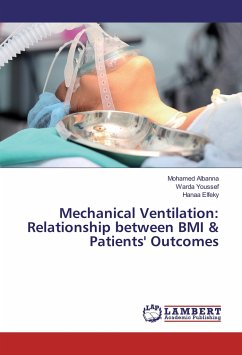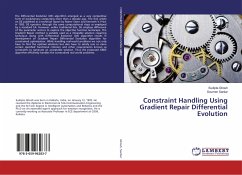
Outcomes of Surgical Repair of Tetralogy of Fallot
Tetralogy of Fallot
Versandkostenfrei!
Versandfertig in 6-10 Tagen
32,99 €
inkl. MwSt.

PAYBACK Punkte
16 °P sammeln!
Tetralogy of Fallot is one of the most common cyanotic congenital heart defects amongst all congenital heart defects encountered in pediatric cardiology. Despite the advances made in the surgical treatment of Tetralogy of Fallot , pulmonary regurgigation remains as a possible complication with detrimental impact on right ventricular function in the long term. If these effects are not reversed timeously by replacing the pulmonary valve, serious morbidity and even mortality may occur. This study was a retrospective clinical audit undertaken to assess the outcomes in children who had complete rep...
Tetralogy of Fallot is one of the most common cyanotic congenital heart defects amongst all congenital heart defects encountered in pediatric cardiology. Despite the advances made in the surgical treatment of Tetralogy of Fallot , pulmonary regurgigation remains as a possible complication with detrimental impact on right ventricular function in the long term. If these effects are not reversed timeously by replacing the pulmonary valve, serious morbidity and even mortality may occur. This study was a retrospective clinical audit undertaken to assess the outcomes in children who had complete repair of Tetralogy of Fallot at Charlotte Maxeke Johannesburg Hospital, a tertiary care centre in South Africa. Various repair techniques were employed to repair the defect with or without a right ventricular conduit. The emphasis of the study was on the development of pulmonary regurgitation, as well as the signs and symptoms associated with pulmonary regurgitation. The results from the studyrevealed that the majority of patients who underwent transannular patch versus patients who had simple repair or conduit insertion, developed severe pulmonary regurgitation in the immediate and long term.












